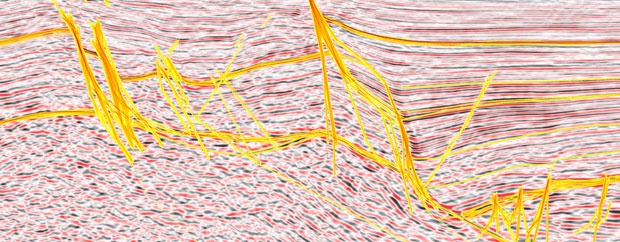
Interpretation of any type has associated uncertainties, with poorly constrained datasets having significant interpretational uncertainty associated with models generated from them. Geology is an interpretation-based science and the datasets used for geological interpretation are often poorly constrained. The significance of the resultant interpretational uncertainty has been little explored or quantified, but has the potential to have significant implications for industrial and environmental applications of geological interpretation. Using the results of our existing research in this area we will work with industry to quantify the impact of interpretational uncertainty and determine optimum interpretation workflows to improve seismic interpretation outcomes. For example, understanding the factors associated with interpretational uncertainty and quantifying the associated risk can impact on: effective extraction of resources allowing a risked extraction plan for unconventional resources; the structured re-interpretation of data to investigate new models for mature basins; determining the range of interpretational uncertainty in challenging environments where data is limited and interpretation has a greater role. The overall aim is to minimize risk: environmental, economic, social, and increase efficiency by improved workflows and interpretation outcomes.
This project aims to quantify the effect of known biases on interpretation of seismic reflection datasets and to build a workflow that minimizes biases in interpretation. The results of the project will hopefully help to reduce exploration and production risks through an improved understanding of interpretational bias and refined seismic interpretation - model creation workflows.
